Dear ST reader,
We hope you've been keeping well.
In our Asian Insider newsletter this week, US-China tensions are on the rise again after Washington said it would not send government representatives to the Beijing Winter Olympics. In Myanmar, ousted leader Aung San Suu Kyi received a two-year jail sentence for inciting dissent against the military government, sparking calls worldwide for her release.
Winter Olympics boycott
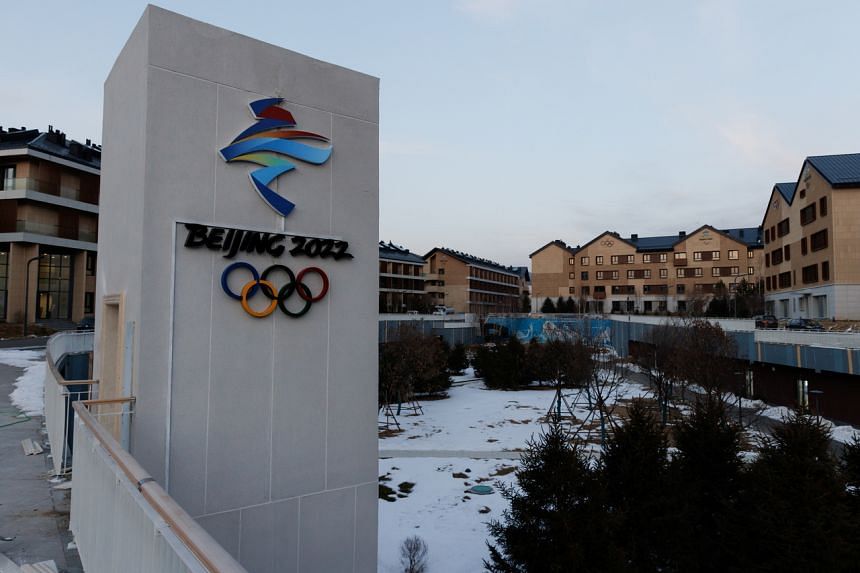
The Winter Olympics in Beijing emerged this week as another bone of contention between the US and China, after Washington announced a diplomatic boycott of the sporting event in February. Our China and US correspondents Elizabeth Law and Charissa Yong report on the move, which China has labelled a violation of "political neutrality in sport".
Mixing politics, sport and business comes at a hefty price, writes Charissa in the latest instalment of Power Play, after the Women's Tennis Association announced it was suspending all tournaments in China over concerns for the safety of tennis star Peng Shuai.
Meanwhile the two superpowers' rivalry continues apace, this time for tech talent, writes global affairs correspondent Goh Sui Noi.The battle for technological supremacy will be won on innovation, and innovation is powered by high-skilled individuals, say analysts.
Neither country however has been able to fix the supply chain woes delaying shipments of nearly everything, from Christmas trees to bicycles. Read our other Asian Insider features here.
Myanmar's Suu Kyi jailed for dissent
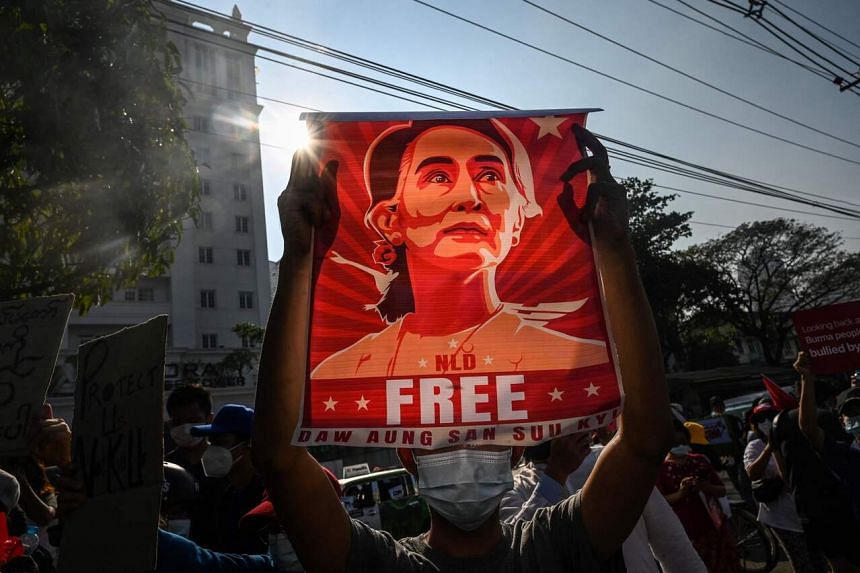
Myanmar's ousted leader Aung San Suu Kyi was on Monday sentenced to four years' jail for inciting dissent against the junta, but the sentence was reduced to two years after a partial pardon from the military chief the same day. This first verdict of several charges levelled against the elected leader has been criticised as an excuse to justify the junta's Feb 1 coup, reports Indochina bureau chief Tan Hui Yee.
All eyes will now be on Cambodia Prime Minister Hun Sen, who has said he will visit Naypyitaw, Myanmar's capital, in January. Cambodia chairs regional grouping Asean next year, and will have a major say on whether the bloc's recent decision to not allow junta chief General Min Aung Hlaing to attend its leaders' summit would remain in force.
Even amid continued violent protests, the military government says it will focus on economic recovery and halt the flight of foreign investors as it prepares to hold elections in August 2023, reports assistant business editor Kang Wan Chern.
Najib fails to overturn conviction, but stays free
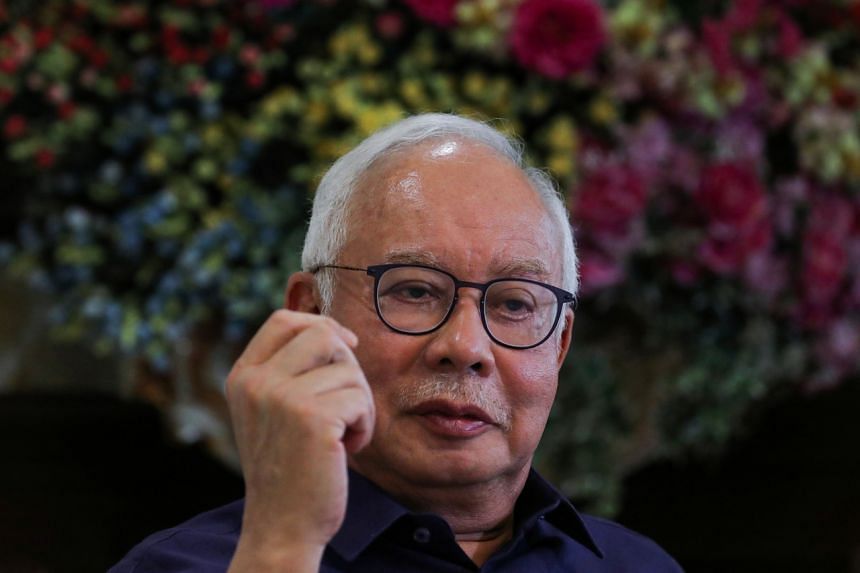
Malaysia's former prime minister Najib Razak failed to overturn his graft conviction in a 1MDB-linked case, but remains out of prison pending his final appeal to the Federal Court, reports Nadirah H. Rodzi, our correspondent in Kuala Lumpur. His defence team's last-ditch attempt to delay the court proceedings due to a Covid-19 infection did not find favour with the Court of Appeal, which held a "hybrid-style" hearing in the courtroom and via Zoom.
For more Malaysia stories, subscribe to our newsletter.
Covid-19
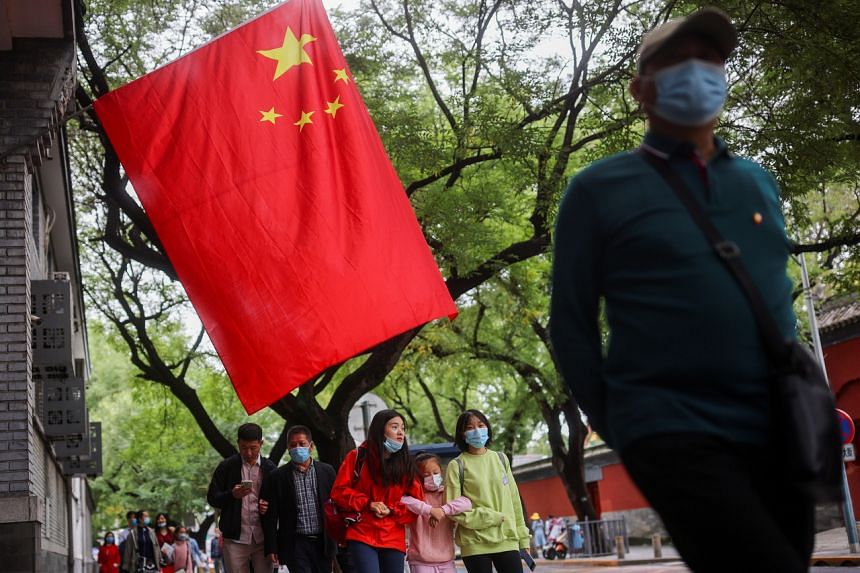
China has added another weapon to its arsenal against Covid-19 - its first specialised treatment drug that it hopes will eventually allow it to reopen its borders. Developing homegrown anti-viral drugs is also a matter of national prestige and pride, writes global affairs correspondent Benjamin Kang Lim, that could further boost the country's international standing after its efforts at mask and vaccine diplomacy.
In India, there are growing calls for additional vaccine doses to be administered, amid fears of a fresh wave of infections from the Omicron variant, reports our correspondent in New Delhi, Debarshi Dasgupta.
A concerted effort by global institutions is needed to end the pandemic, argues associate editor Vikram Khanna, who describes the battle so far as a game of snakes and ladders.
Russia in Asia

Russia's recent first-ever naval exercise with Asean may have been largely symbolic but it is part of the European power's broader effort to become a serious regional player, writes global affairs correspondent Jonathan Eyal. Not only is Russia South-east Asia's largest arms supplier, beating the US, it is also China's closest and most significant global ally.
Meanwhile President Vladimir Putin's visit to New Delhi on Monday helped foster deeper ties in business and energy, reports India bureau chief Nirmala Ganapathy, despite the two countries having divergent views over the US, China and Indo-Pacific strategy. They also signed a 10-year defence cooperation agreement.
Asian of the Year
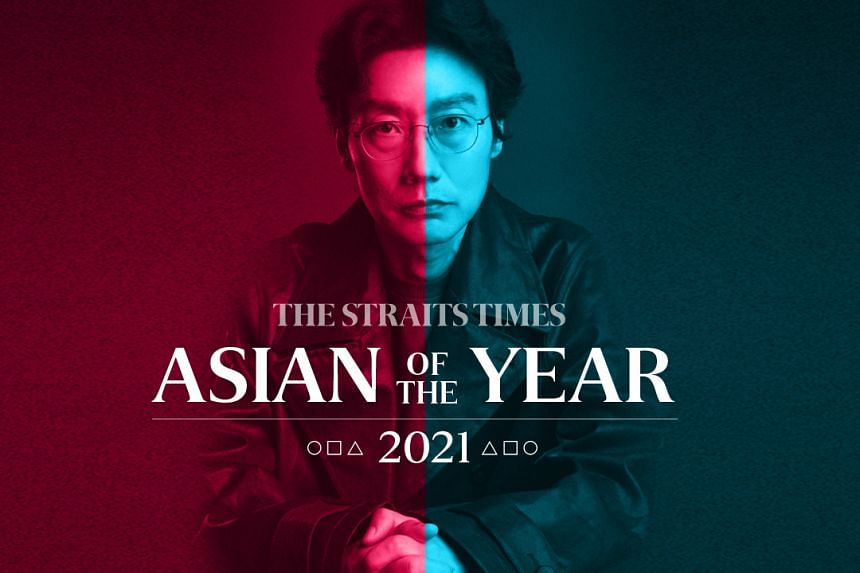
South Korean film-maker Hwang Dong-hyuk has been named The Straits Times Asian of the Year for Squid Game, his dystopian survival drama which questions rising inequality in contemporary society.
Mr Hwang told Chang May Choon, our correspondent in Seoul that his frustration over unresolved social issues inspired him to make films.
Other contenders for the award were Japan's Olympics Minister Seiko Hashimoto, Philippines journalist Maria Ressa and renowned climate and atmospheric scientist Veerabhadran Ramanathan.
Ella the barista
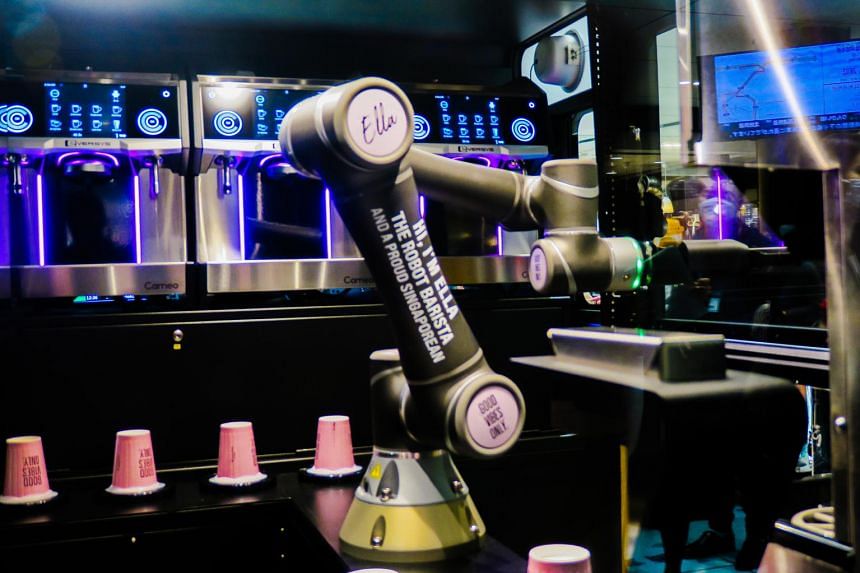
Tired of baristas getting your name wrong when you order a latte? Fret no more. Ella the robot barista will brew up your coffee in a jiffy, no questions asked. Developed by Singapore start-up Crown Digital, Ella has been installed at Tokyo and Yokohama railway stations, reports Japan correspondent Walter Sim.
Technology is also gaining ground in the Philippines, where cashless transactions have spiked over 5,000 per cent since March last year, writes our correspondent in Manila Raul Dancel, in the latest edition of Letters from the Bureau.
That's it for today. Until next week, keep safe and keep reading!
Lim Ai Leen
Deputy Foreign Editor

